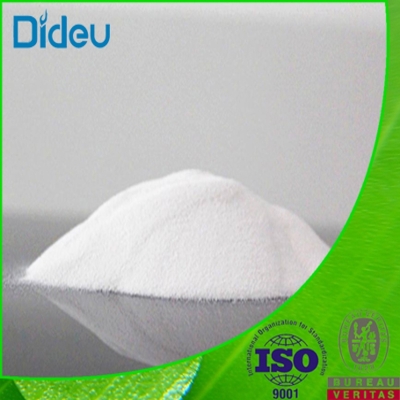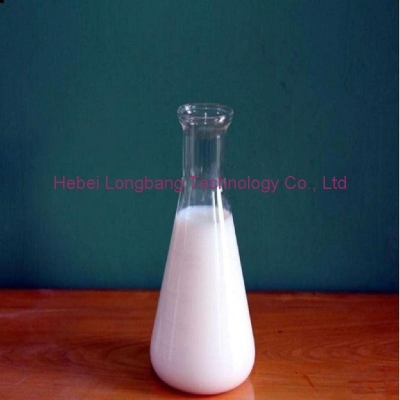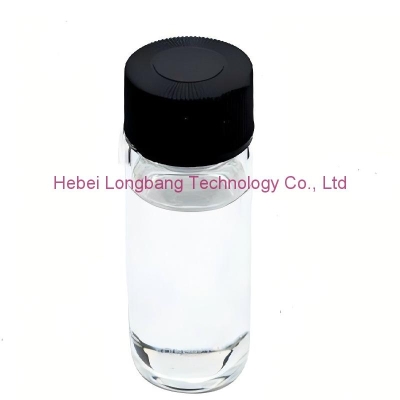-
Categories
-
Pharmaceutical Intermediates
-
Active Pharmaceutical Ingredients
-
Food Additives
- Industrial Coatings
- Agrochemicals
- Dyes and Pigments
- Surfactant
- Flavors and Fragrances
- Chemical Reagents
- Catalyst and Auxiliary
- Natural Products
- Inorganic Chemistry
-
Organic Chemistry
-
Biochemical Engineering
- Analytical Chemistry
-
Cosmetic Ingredient
- Water Treatment Chemical
-
Pharmaceutical Intermediates
Promotion
ECHEMI Mall
Wholesale
Weekly Price
Exhibition
News
-
Trade Service
Rosin, also known as rosin ester, is a type of chemical compound that is commonly used in the chemical industry.
It is a colorless, odorless, and nearly tasteless fluid that is insoluble in water, but soluble in most organic solvents.
Rosin is derived from the esterification of a fatty acid with a fatty alcohol, and it is commonly used as a lubricant, a plasticizer, and a solvent.
Safety of Rosin:
Rosin is generally considered to be a safe material to handle and use in the chemical industry, provided that appropriate safety precautions are taken.
However, it is still important to be aware of the potential hazards associated with rosin and to take steps to minimize the risks of exposure.
Hazards of Rosin:
The main hazard associated with rosin is its flammability.
Rosin is highly flammable and can ignite easily when exposed to heat or an open flame.
This makes it a potential fire hazard in the workplace, and it is important to take appropriate precautions to prevent fires from occurring.
Another hazard associated with rosin is its potential to irritate the skin and eyes.
Prolonged exposure to rosin can cause skin irritation, and it is important to wear gloves and protective clothing when handling it.
In addition, rosin can cause eye irritation, and it is important to wear eye protection when working with it.
Finally, rosin is a mild irritant to the respiratory system and can cause respiratory problems in some individuals.
It is important to use appropriate ventilation when working with rosin to minimize the risk of inhaling the vapors.
Precautions to Take:
To ensure the safety of workers and the environment, it is important to take appropriate precautions when working with rosin.
This includes:
- Wearing appropriate protective gear, including gloves, safety glasses, and respirators.
- Keeping a fire extinguisher nearby and knowing how to use it.
- Providing adequate ventilation to minimize the risk of inhaling the vapors.
- Following proper handling and storage procedures to minimize the risk of spills and exposure.
- Properly disposing of any waste rosin to minimize the risk of environmental contamination.
In addition to these precautions, it is important to follow all relevant safety regulations and guidelines when working with rosin.
This includes obeying all warning signs and following all safety procedures and protocols.
Conclusion:
Rosin is a useful and versatile chemical compound that is commonly used in the chemical industry.
However, it is important to be aware of the potential hazards associated with rosin and to take appropriate safety precautions to minimize the risks of exposure.
By following these precautions and adhering to all relevant safety regulations and guidelines, workers can safely handle and use rosin without incident.







